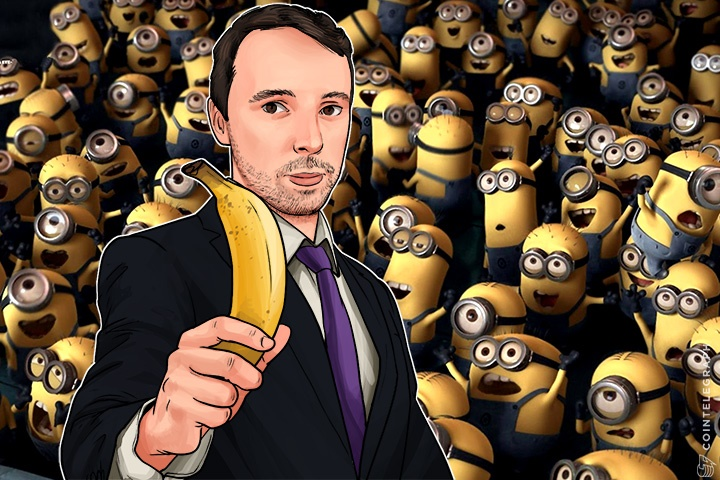As crowdfunding goes to the next level in 2017, bold new concepts are beginning to emerge with decentralized principles at their core.
Sites such as Kickstarter seemed to be the ultimate solution just a couple of years ago, however now the power of Blockchain technology, Bitcoin and the crowd combined means that this year an unprecedented scale of innovation can hit the mainstream.
Crowd projects in the FinTech sector have often meant investors wading through a sea of ICOs, pitches on resources such as BnkToTheFuture and notorious in 2016 the topic of decentralized autonomous organizations - DAOs.
Using Blockchain for what it is good for
The successes and failures of these projects are spurring entrepreneurs to create the next generation of crowdfunding. They are not just focusing on projects but on entirely secure self-governing businesses.
“The fundamental flaw in the DAO is that any piece of code is always going to be vulnerable to hacking. Some faith in humanity is going to be required to keep any piece of code in check,” Richard O’Neill, creator and CEO of the crowdfunded business platform Banana Fund explained to Cointelegraph.
Banana Fund is a new take on the crowdfunding business. Anyone can put forward an idea with the platform taking care of consolidating it, running a crowdfunding campaign and afterward the business itself. An assigned manager can even run the successfully funded business day-to-day while being kept in check by the crowd. Furthermore, entrepreneurs themselves can stipulate how much direct involvement or control they retain.
“With Banana Fund I want to use the Blockchain for what it is good for. Implementing transparent and irreversible global transactions and combining that with a business that is decentralized as much as a business realistically can be,” O’Neill continued.
The benefits of Blockchain immutability for the business generation is already being proven time and again in smart contracts, yet for the non-technical entrepreneur, such technology is still out of reach. One-stop-shop solutions such as O’Neill’s thus hold considerable promise.
“Banana Fund may not be an automated piece of coin software by itself but we are using Bitcoin to enable the heart of crypto in a manner that is realistic to the world we live in today,” he said and continued, “We are creating a level playing field for all users to pursue their business ideas, free of charge and effort as we do all the work as per their terms, in a transparent and fair environment.”
Decentralization for dummies?
Like projects such as Wings, the crowd is what keeps the cogs ticking and participants are richly rewarded with equity in successful projects.
Nonetheless, as non-cryptocurrency investors come on board with this new version of a startup incubator the automation factor may seem daunting. O’Neill states this is why Banana Fund is designed as a healthy compromise between the fast yet unstable progress seen from DAOs and traditional platforms which are stifled by centralization and lack of dynamism.
“I watched the DAO unfold - it was trying to do in an automated and decentralized way exactly what Banana Fund is doing in a less automated and less decentralized way,” he summarized. “The principle is exactly the same: uninhibited free market forces where users do and decide what they want to be done taking responsibility for their own actions in the form of irreversible transactions. No one is bullied by regulation and over-protective bureaucracy, stifling innovation or actions that scare people away.”


